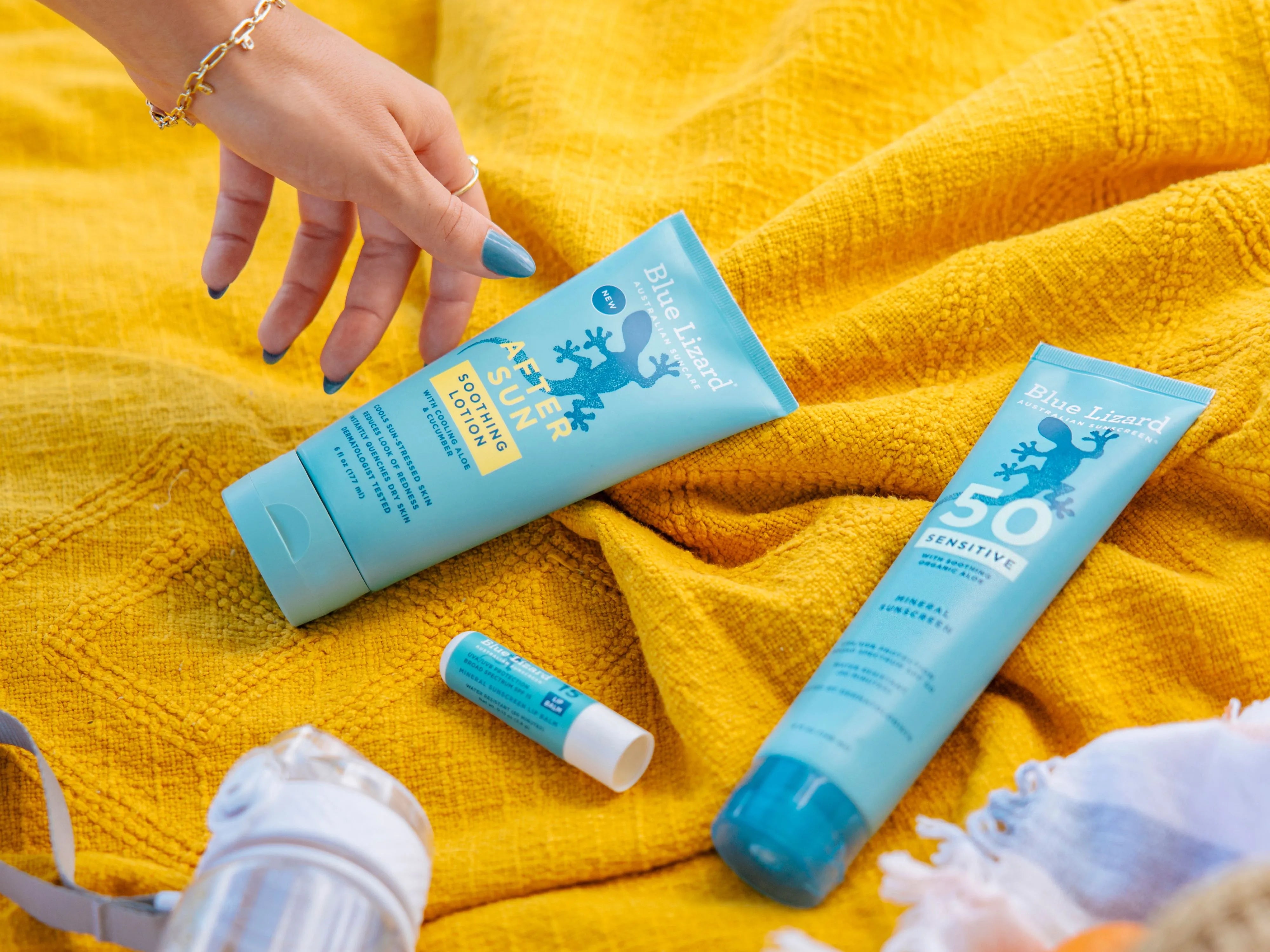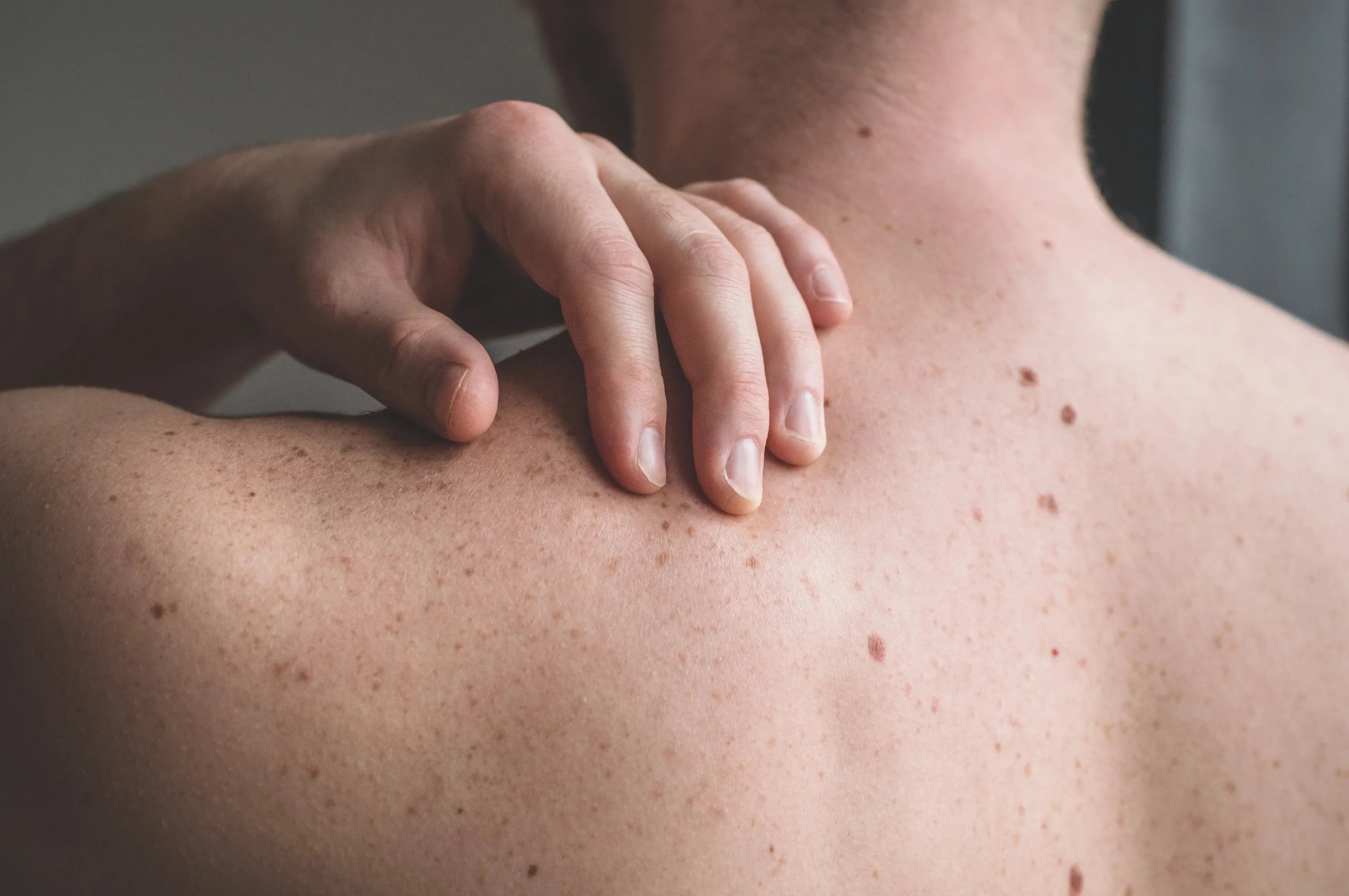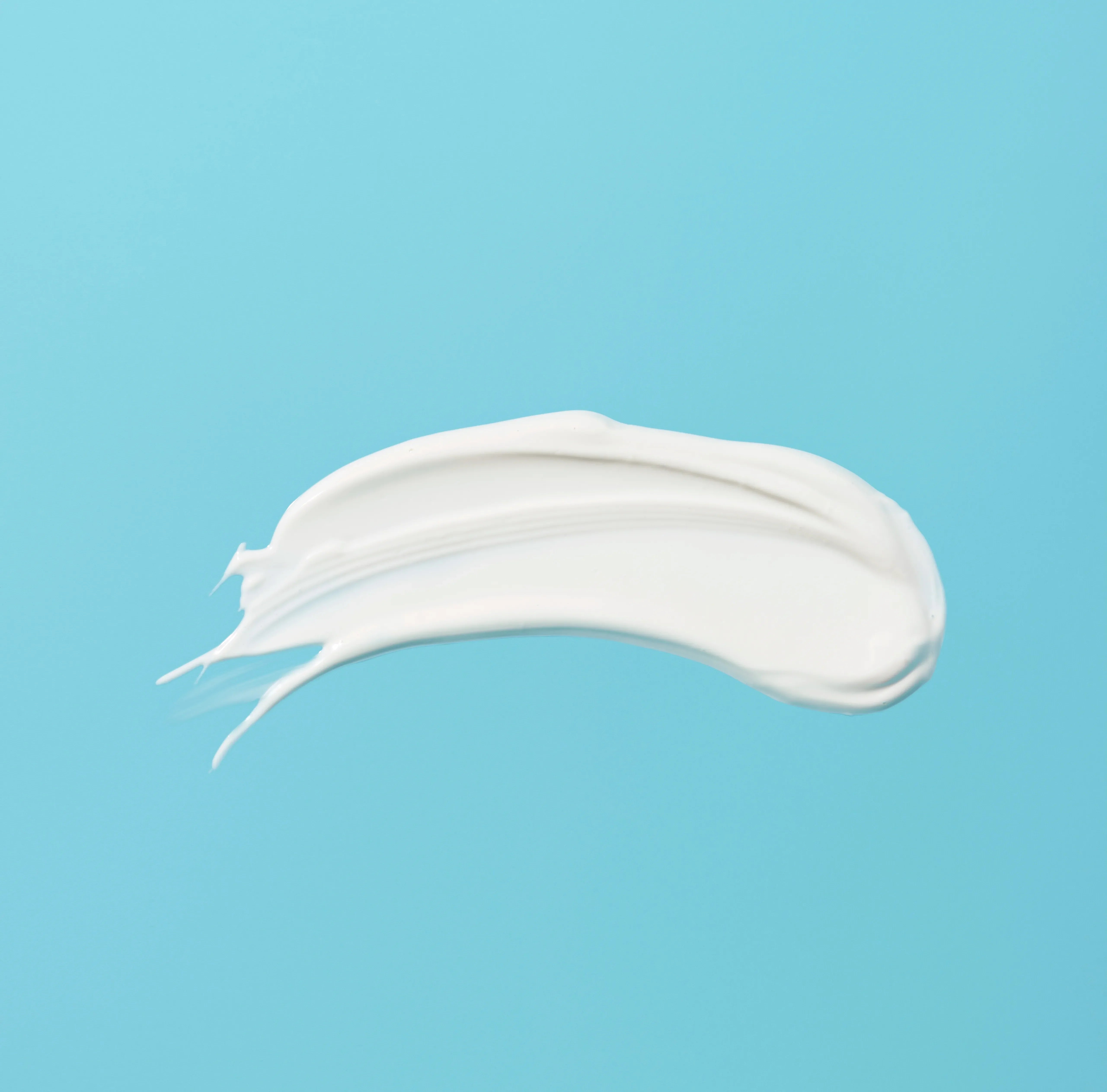Tattoos are an investment that can cost upwards of thousands of dollars. With all of the time and money spent on them--not to mention the pain of getting one-- keeping your tattoo as sharp and clean as the day you left the the artist’s chair is important.
You probably already know how to keep your new ink clean and hydrated. Tattoo artists will usually provide an aftercare checklist before you leave that details the healing process for your skin. But do you have a plan for protecting your tattoo from fading in the sun?
Any tattoo exposed to the sun is at risk of fading. The risk is at its peak during the healing period, as the nature of the tattooing process leaves your skin sensitive to the UV rays. However, long term sun protection is key to keeping the lines of your tattoo smooth and defined.
How Does the Sun Fade Tattoos?
UVA Rays and Tattoo Fading
UVA rays, often called aging rays, penetrate deep into the layers of your skin. While fresh tattoos shouldn't be exposed to these rays, their long term effects are most noticeable on healed tattoos.
Tattoo ink is held in the dermis--the second and thickest layer of your skin. While this layer is generally safe from the sun's burning rays, it is easily penetrated by UVA rays. If exposure to UVA rays is continuous, the ink will begin to break down. White blood cells then carry the ink away as if it were an infection or other foreign particle. The leftover ink is usually spread out and splotchy, blurring the lines of the tattoo.
Enough unprotected exposure and your art can become an unsightly blob. Thankfully, it can take years for substantial fading to take place. On the downside, tattoo fading caused by UVA rays happens so slowly that you probably won’t notice it until it is too late.
A tattoo may also change colors as it fades. Depending on the type of ink used, your tattoo may turn green or blue. Color distortion is more common with black and gray tattoos as darker green and blue pigments are often used to darken the ink. As the concentration of ink lowers, these unwanted colors become more prominent.
UVB Rays and Tattoo Fading
UVB rays are the rays responsible for sunburn. Sunburn is bad enough on untattooed skin, but it can distort and prevent new tattoos from healing properly. A sunburn can fade a tattoo in much the same way as UVA rays do, but it can happen at a faster rate.
New tattoos are essentially open wounds. As such, they are highly susceptible to outside elements like bateria, friction and sun. With the exception of getting an infection, too much sunlight is the worst thing that can happen to a new tattoo.
At best, a sunburn on a new tattoo will extend the time needed for the tattoo to fully heal. In extreme conditions, it can distort the lines and coloring of the tattoo.
Ink loss and distortion is most likely to occur as a result of a blistering sunburn. In these cases, the dermis may be harmed, causing ink to leak out or break down. When the tattoo finally heals, the colors may be duller, the edges blurry and the lines undefined.
What is the best sunscreen for your tattoos?
The best way to preserve your tattoo is to protect it from harmful UV rays. There are plenty of products marketed as “tattoo sunscreen” with claims that they offer the best sun protection for tattooed skin, but these products are often just regular chemical sunscreens repackaged.
Mineral sunscreens will stay on the surface of your skin and prevent most UVA rays from reaching your ink. Since mineral sunscreens are made without the use of harsh chemicals, there is a lower chance of skin irritation.
Dermatologists recommend using a mineral sunscreen with an SPF of 30 or higher, although a higher SPF does not necessarily guarantee better protection (you can learn more about SPF HERE). Not only will sunscreen protect your tattoo against fading, it can help prevent skin cancer.
You should keep a fresh tattoo out of the sun during the entirety of the healing process. If sun exposure is unavoidable, wearing pants and long sleeves will help prevent the sun from reaching your skin. If the sun can’t reach your skin, your tattoo is protected.








